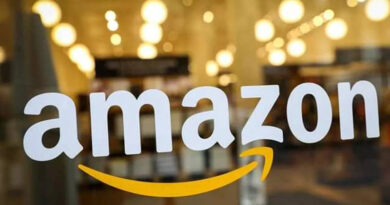Government keeping an eye on those purchasing from Blinkit, Zepto! Customer data can be asked from companies
If you order goods from quick commerce platforms like Blinkit, Zepto, Instamart, BigBasket etc. then you can come on the government’s radar. According to our associate Economic Times, officials associated with this matter said that its purpose is to keep an eye on the people making purchases from these platforms so that it can help in better understanding of the GDP. For this, the government can ask for customer data from these companies.
According to officials, this will help the government to understand the changes in the consumption patterns of customers and the pace of economic activity. “We have to find ways to get data from such platforms,” said an official, requesting anonymity. Why does the government want this?
Currently the base year for most macroeconomics data is 2011–12. The Ministry of Statistics and Program Implementation may suggest 2022-23 or 2023-24 as the next base year to the Advisory Committee on National Accounts Statistics. This committee is overseeing the revision of the base year for the National Accounts. For this, the need for Quick Commerce data has been considered. Apart from Quick Commerce, the ministry plans to use Goods and Services Tax (GST) data to estimate gross domestic product (GDP).
The Survey on Household Consumption Expenditure 2022-23 has sought information about online purchases and payments for select goods and services. Since the quick commerce sector is growing rapidly and people are now purchasing more from these platforms, information related to quick commerce is important.
5 to 6 percent share in expenses
According to some estimates, the share of quick commerce platforms in the total household grocery expenditure in the country is now 5 to 6 percent. According to estimates by Lattice and Datum Intelligence, the Indian ecommerce market has grown by 18 to 20 percent in value terms in the first six months of this year. In this, grocery sales have increased by more than 38 percent. This is mainly due to the boom in the quick commerce sector.


